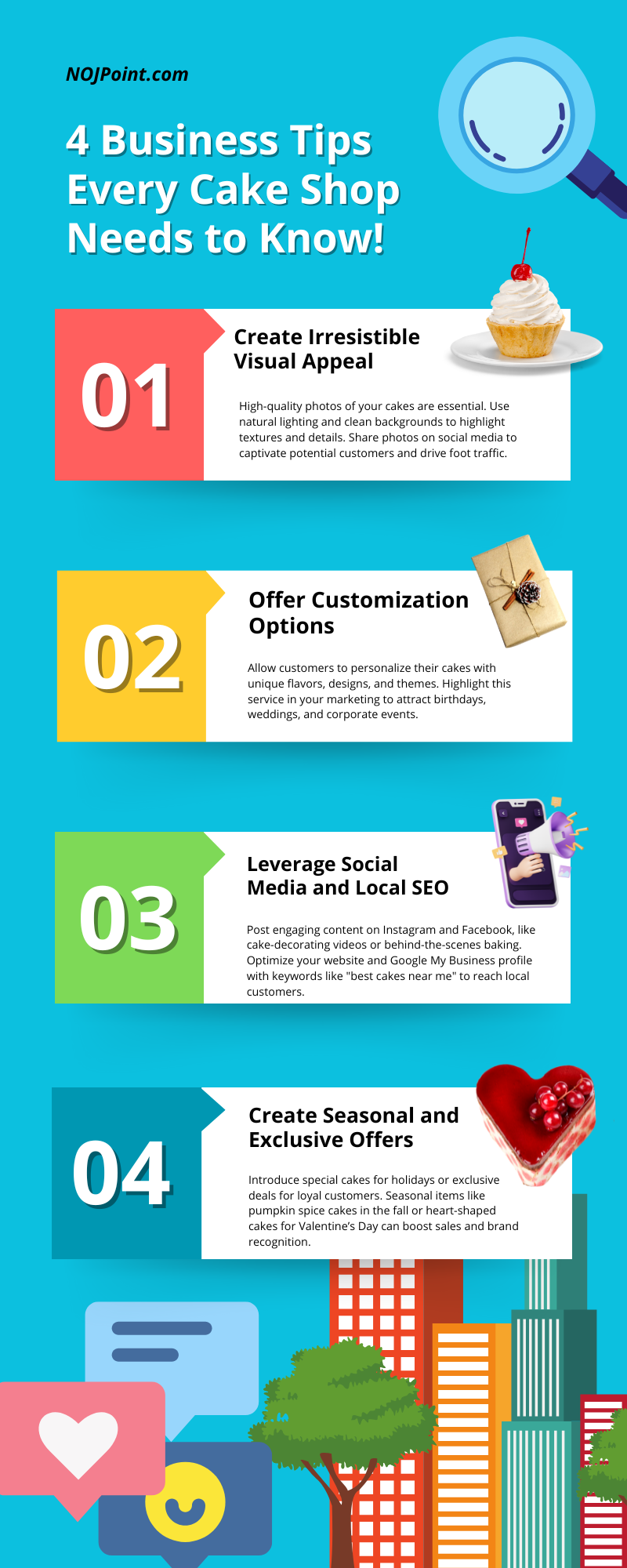In today’s digital landscape, analytics and reporting are the backbone of successful marketing strategies. Businesses must harness the power of data to make informed decisions, optimize campaigns, and drive revenue growth. In 2025, AI-driven analytics, real-time reporting, and predictive modeling are transforming how marketers track performance and achieve success.
1. The Importance of Digital Marketing Analytics
Why Analytics Matter in 2025
- Helps businesses understand customer behavior
- Enables real-time optimization of marketing strategies
- Enhances campaign performance with data-driven insights
- Maximizes return on investment (ROI)
Key Marketing Metrics to Track
- Conversion Rates (CR)
- Click-Through Rates (CTR)
- Customer Acquisition Cost (CAC)
- Return on Ad Spend (ROAS)
- Lifetime Value (LTV) of a customer
- Bounce Rate and Engagement Metrics
2. Latest Trends in Digital Marketing Analytics
AI and Machine Learning in Analytics
- Predictive analytics for smarter decision-making
- AI-driven customer segmentation and personalization
- Automated insights for real-time campaign adjustments
Real-Time and Predictive Reporting
- Tools like Google Analytics 4 for real-time data tracking
- Predictive modeling for future campaign planning
- Dashboard automation for seamless reporting
Cross-Channel Attribution and Customer Journey Mapping
- Multi-touch attribution models for accurate ROI measurement
- Customer journey analytics to optimize user experiences
- Integrating data from multiple platforms for a holistic view
3. Best Tools for Digital Marketing Analytics & Reporting
Google Analytics 4 and Beyond
- Advanced tracking features for website and app performance
- AI-powered insights for better decision-making
Social Media Analytics Tools
- Facebook Insights, Instagram Analytics, LinkedIn Metrics
- Engagement tracking and audience behavior analysis
Marketing Automation & CRM Analytics
- HubSpot, Salesforce, and Marketo for customer tracking
- AI-powered automation for enhanced lead nurturing
4. Optimizing Marketing Strategies with Data-Driven Insights
Setting Up a Data-Driven Marketing Strategy
- Define clear marketing goals and KPIs
- Utilize AI-powered analytics for deeper insights
- Continuously test and optimize marketing campaigns
- Implement A/B testing for better conversion optimization
- Monitor real-time dashboards and adjust strategies accordingly
Overcoming Common Analytics Challenges
- Handling data privacy and compliance regulations
- Ensuring data accuracy and avoiding misinterpretation
- Aligning analytics insights with business objectives
5. The Future of Digital Marketing Analytics
Hyper-Personalization Through Data Science
- AI-driven dynamic content customization
- Real-time behavioral targeting for increased engagement
Blockchain and Data Security in Analytics
- Enhancing data transparency with blockchain technology
- Securing customer data while maintaining privacy compliance
Conclusion:
As digital marketing evolves, businesses must adopt advanced analytics and reporting strategies to stay competitive. Leveraging AI, predictive analytics, and real-time reporting will be crucial in optimizing campaigns and maximizing ROI.
Want to revolutionize your marketing strategies with expert analytics? Contact NOJPoint for cutting-edge digital marketing insights and solutions.
